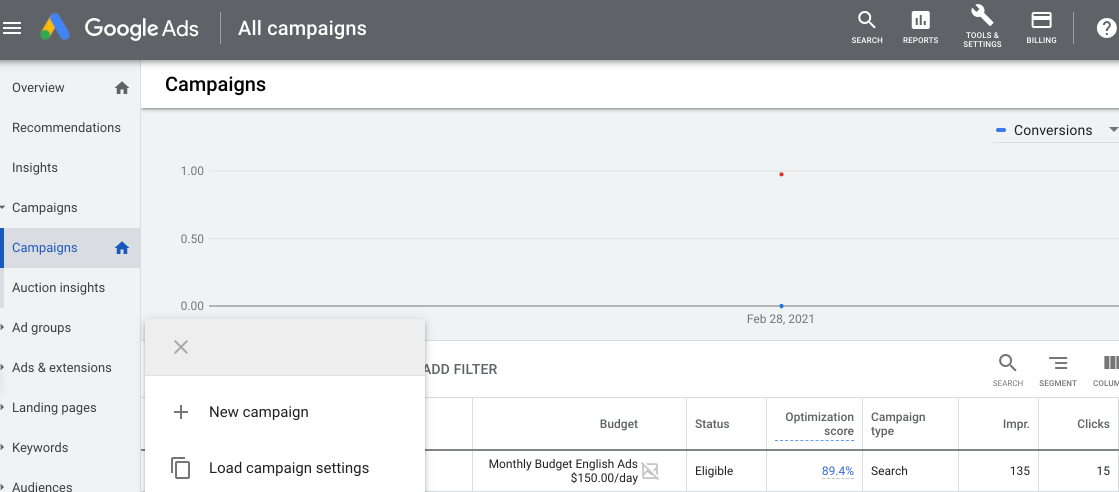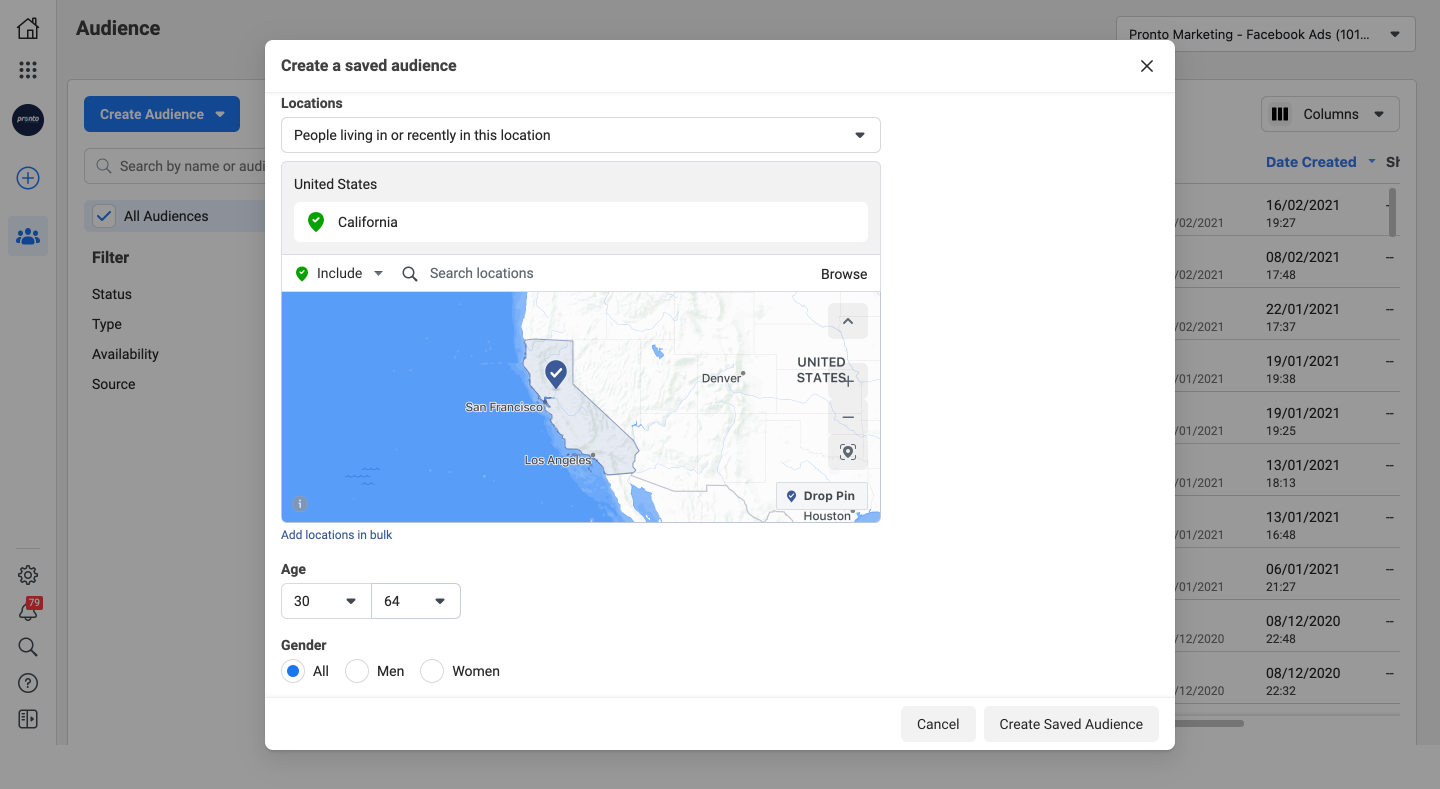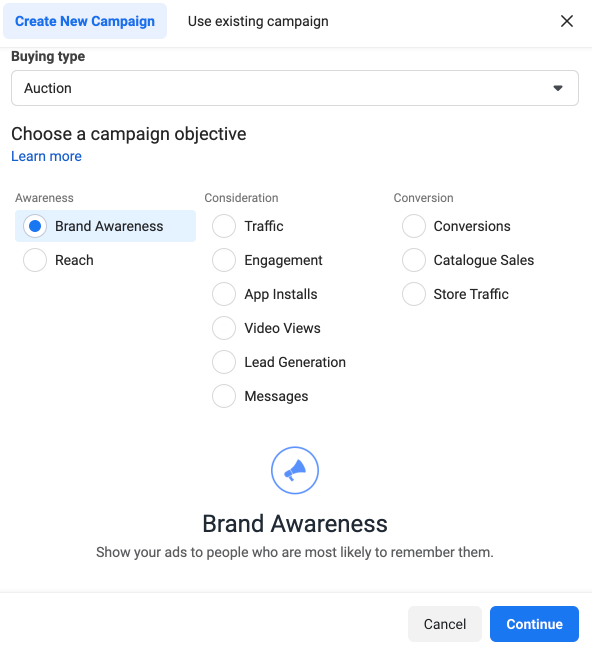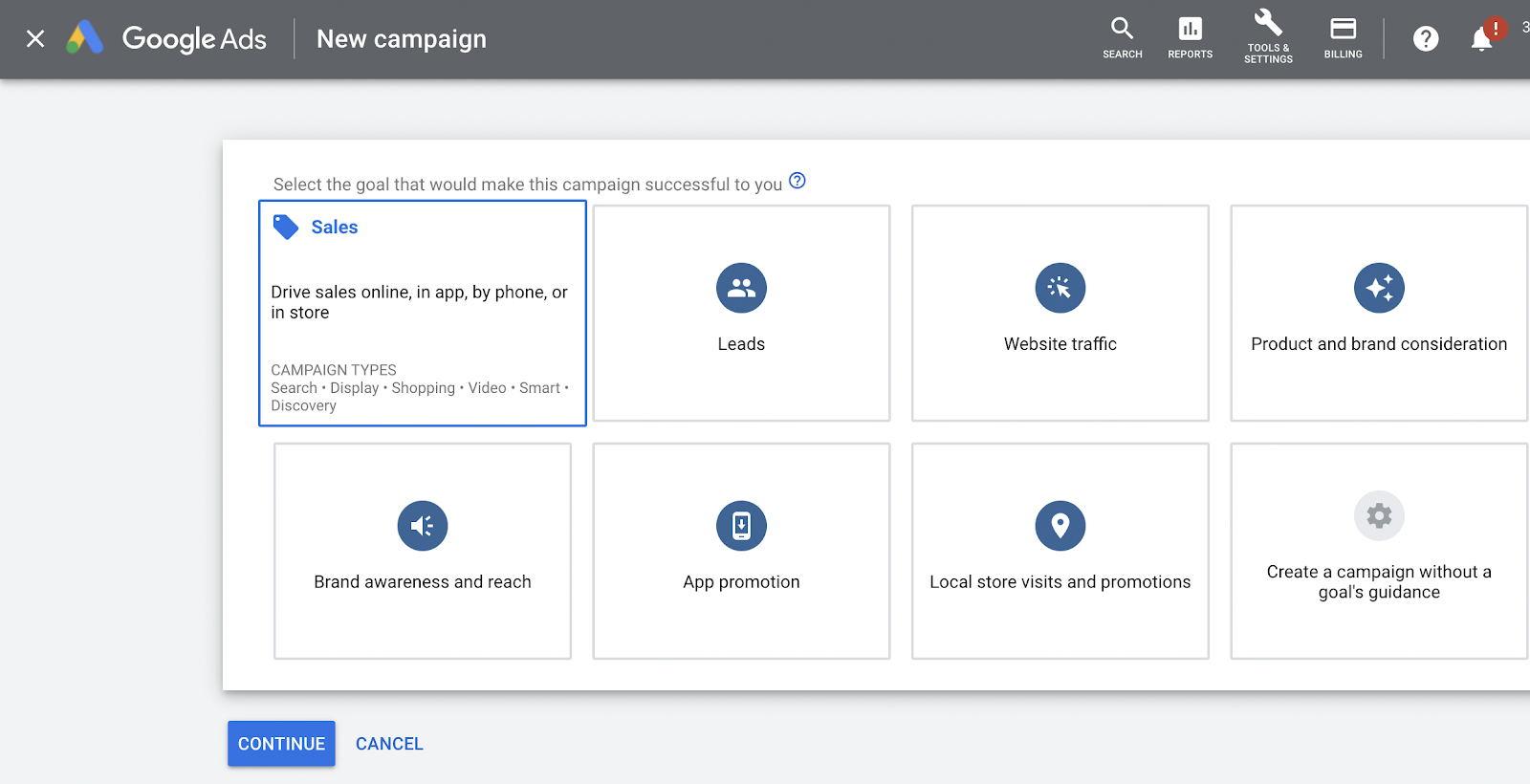Finding the right ways to advertise your services can be a juggle for attorneys.
If you’re operating without any internal marketing staff, you’re working long hours jumping between client work and marketing at the same time. Hiring a full-time advertising specialist is often out of the question, yet without investing in sales and marketing, you’re stuck relying on word-of-mouth or serendipitous run-ins with new clients.
You need a simple solution that’s both focused on bringing in more business and is hands-off. It’s a fairly tall order, but it’s possible with the right digital marketing service for advertising your law firm.
PPC (pay per click) advertising is a great solution because it can be a low-cost, low-maintenance way to drum up new business. You only pay for results (the people who actually click on your advertisement) and can keep your efforts specific and targeted.
The first decision to make when getting into PPC is which platform to use when advertising your firm. Facebook and Google are the dominant players in the PPC space, but which is most effective for attorneys?
Facebook vs. Google advertising for lawyers pros and cons
Facebook and Google each have their own sets of pros and cons when it comes to law firm advertising. Google ads are displayed at the top of desktop and mobile search results when someone types in a related search query.
Facebook displays ads that are either shown in the platform’s newsfeed or as an advertisement in the column to the right of the newsfeed. These ads appear on both mobile or desktop as well.
A key distinction between the two platforms is the difference between “pull” advertising and “push” advertising. Google’s search ads only appear to those who are searching for a product or service (e.g. they’re “pulled” up based on the search phrase), while display ads are paid placements that appear based on various targeting parameters (e.g. they’re “pushed” onto a user’s newsfeed).
Here are some other important comparisons between the two PPC options:
Cost Differences
Some of the biggest costs associated with PPC ads come from the setup phase.
In the case of Google advertising, it’s about the ad copy, which is made of two elements: 1) The headline (maximum length of 30 characters), and 2) the description (up to 180 characters). If you can manage that yourself you can save on copywriting fees.
Facebook ads are different – they display images or graphics (promoting events, special deals, product launches, etc.), which require design work. Of course, you could use pictures that you already have but since visual appeal is critical to getting the best returns you should consider paying a designer.
Advertising Budget
In terms of what it costs to keep your ads running, Google’s tend to be less volatile, but more expensive. It relies on a bidding system where people compete for keywords. The more popular or competitive a keyword is, the more money it costs.
That means that localized searches in big cities tend to be expensive. For example, “personal injury lawyer in Los Angeles” will average over $50 per click and regularly reach upwards of $120 — that’s a very expensive click!
Facebook ad costs are often the most cost-effective for beginners in the PPC world, although they can also be volatile. Prices are based on how many people see your ad rather than on how many people click. If you were to do a poor job of picking which demographics see your ads, you could end up wasting a lot of money.
Poor targeting could involve either picking the wrong demographics (e.g. showing law firms ads to teenagers) or settings your parameters too broadly (e.g. showing ads to everyone Facebook user in California). You have to be creative to define the ideal target group.
Maintenance or management
Neither Facebook nor Google Ads are “set and forget” solutions. At least, not if you want worthwhile results.
You may get lucky with Google and see decent results with little supervision of the ads. But most of the time, it takes some trial and error to optimize the settings for your firm. Iterate, optimize, and repeat is the name of the game.
Facebook ads need even more attention. It takes time and experience to get audience targeting right. If you keep the same ad creatives running for a long time, viewers will get ad fatigue and your results will nosedive.
Facebook ads take more time to manage than Google Ads, which is why many firms outsource the work to an agency. Especially since the cost to outsource is almost always cheaper than an attorney’s hourly fee.
PPC ads always take some managing to get the best results

Audience targeting
Google and Facebook ad targeting features are night and day.
Google Ads are displayed based on what someone types into the search engine. You can be very selective about which keywords or phrases trigger your ads to display. The key is to refine your targeting so that you go for “high intent” keywords (phrases that indicate the searcher is someone who is looking for a product or service to purchase).
Google’s ads are based not only on what people key into the search engine but also based on their location (city, state, or country).
Facebook lets you be far more specific about which audiences see your ads. For example, you can:
- Pick demographics such as location, gender, relationship status, age, language spoken, job title and education.
- Target household composition and whether people own or rent their home.
- Target specific industries, such as healthcare, government employees, veterans and more.
- Target key life events (e.g anniversary in the next 30 days, in a new relationship, recently moved…)
- Target key interests by business, industry or entertainment.
- Reach people based on purchase behaviors, device usage, and more.
You can get very precise with who you’re targeting, especially if you use multiple ways to narrow your audience. However, that targeting will be based on user profiles (that generally remain unchanged for long periods of time) rather than searcher intent (which indicates intentions at specific times).

Policies
Both ad platforms tend to be strict about any content that could be considered controversial. Catching up on all the rules and regulations is time-consuming for new users. You could spend a lot of valuable time just trying to get your ads approved.
Is one platform more lenient than the other? Perhaps Google by a hair. This is because you only have to worry about the copywriting of your ad. On Facebook, both your copywriting and your imagery must meet with their policies, including things like text-to-image ratios, trademarks, and anything that may be considered offensive.
Facebook also tends to react immediately (and often without warning) if it perceives an infraction of its rules. It’s not uncommon for ad accounts to get banned without allowing you to petition for a reversal of their decision. Google bans accounts too, although this doesn’t seem to happen as often and they tend to be easier to recover.
Results
How do Facebook ads and Google Ads stack up in terms of getting results for attorneys? It very much depends upon your goals.
It comes down to how important it is to improve your firm’s visibility. If you want to become a household name (e.g. you’d rather a large group of people recognize your name and don’t sign up than fewer people know your name but do sign up) Facebook’s larger reach and audience targeting are better. On the other hand, Google is better at generating leads due to targeting the intent of the searchers.


Verdict
Who wins? Facebook ads for lawyers or Google Adwords for lawyers?
Winner for attracting new leads: Google Ads
Google ads tend to be more expensive than Facebook. However, with an optimized campaign, you’re also more likely to pull in leads. This could make the ROI worth it for your law firm.
Winner for increasing web traffic: Facebook Ads
Facebook ads are less expensive and have the potential to reach a wider audience. If name recognition is at the top of your list, this could be the right choice for your firm.
Do you need help with your law firm advertising? Pronto Marketing offers our experienced team to help drive results with Google or Facebook advertising. Take a look here to see what we offer and book a consultation.


